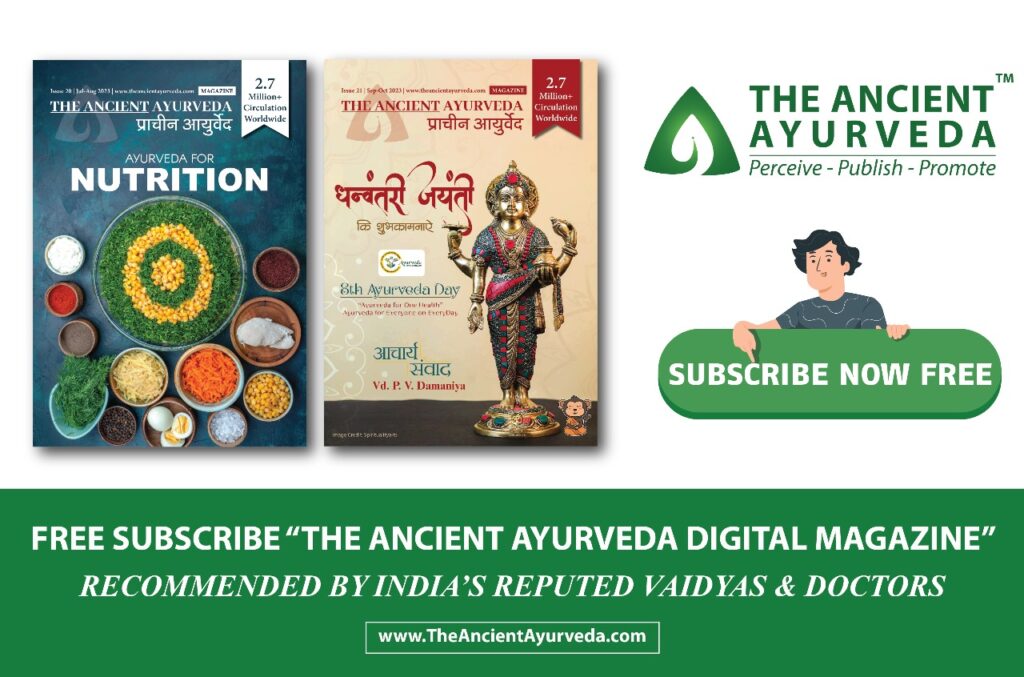Haridra or Haldi or Turmeric (Curcuma longa Linn.) is a multi spectral drug which is being used in our daily life ranging from medicine to cosmetics to culinary. Hindu mythology revealed that the herb Haridra is included in Navapatrika and Devi Durga presides over this plant. Haridra or Turmeric, a plant in the ginger family, is a native to Southeast Asia, primarily in India. Erode, also known as “Yellow City,” or “Turmeric City,” situated in the state of Tamil Nadu, is the world’s largest producer and most important trading centre for turmeric. With its inherent qualities and high content of the important bioactive compound curcumin, which is found in the rhizome, Indian turmeric is considered to be the best in the world. In India it is used as a common spice, added in Indian dishes as a common ingredient in curries and other ethnic meals. Turmeric is used world-wide like in Japan, it is served in tea; in Thailand, it is used in cosmetics, in China, it is used as a colorant; in Korea, it is served in drinks; in Malaysia, it is used as an antiseptic while in United States, it is used in mustard sauce, cheese, butter etc as a preservative and as a colouring agent. Haridra possesses anti-inflammatory, antihistaminic, neuro- protective, cholagogue and hepato-protective, hypo-lipidemic, potent antioxidant and antidiabetic activity effects. Turmeric also has high cosmetic value to enhance lustre of skin and also treating various skin disorders. Turmeric paste is used by women in some parts of India to remove superfluous hair. As a tradition in Indian Marriages, before marriage turmeric paste is applied to the skin of the bride and groom, where it is believed to make the skin glow and keep harmful bacteria away from the body. Today, turmeric is promoted as a dietary supplement for a variety of conditions, including arthritis, digestive disorders, respiratory infections, allergies, liver disease, depression, and many others. In Ayurveda we can make use of this wonderful drug in many conditions like;
- To check dry cough, powder of turmeric is mixed with Malabar nut or Adosa juice and taken along with fatty layer of milk.
- In Bronchial Asthma, a wick is prepared with powder of turmeric, lac, realgar, orpiment, devadaru and jatamasi and is smoked.
- In diabetes, turmeric powder is mixed with honey and should be taken with the juice of amalaka or gooseberry.
- In all kinds of poisoning, external application of turmeric paste on the site or the intake of turmeric powder along with rocksalt and honey is highly beneficial to neutralize it.
- In Anaemia, intake of turmeric powder along with triphala powder, ghee and honey has been highly recommended.

